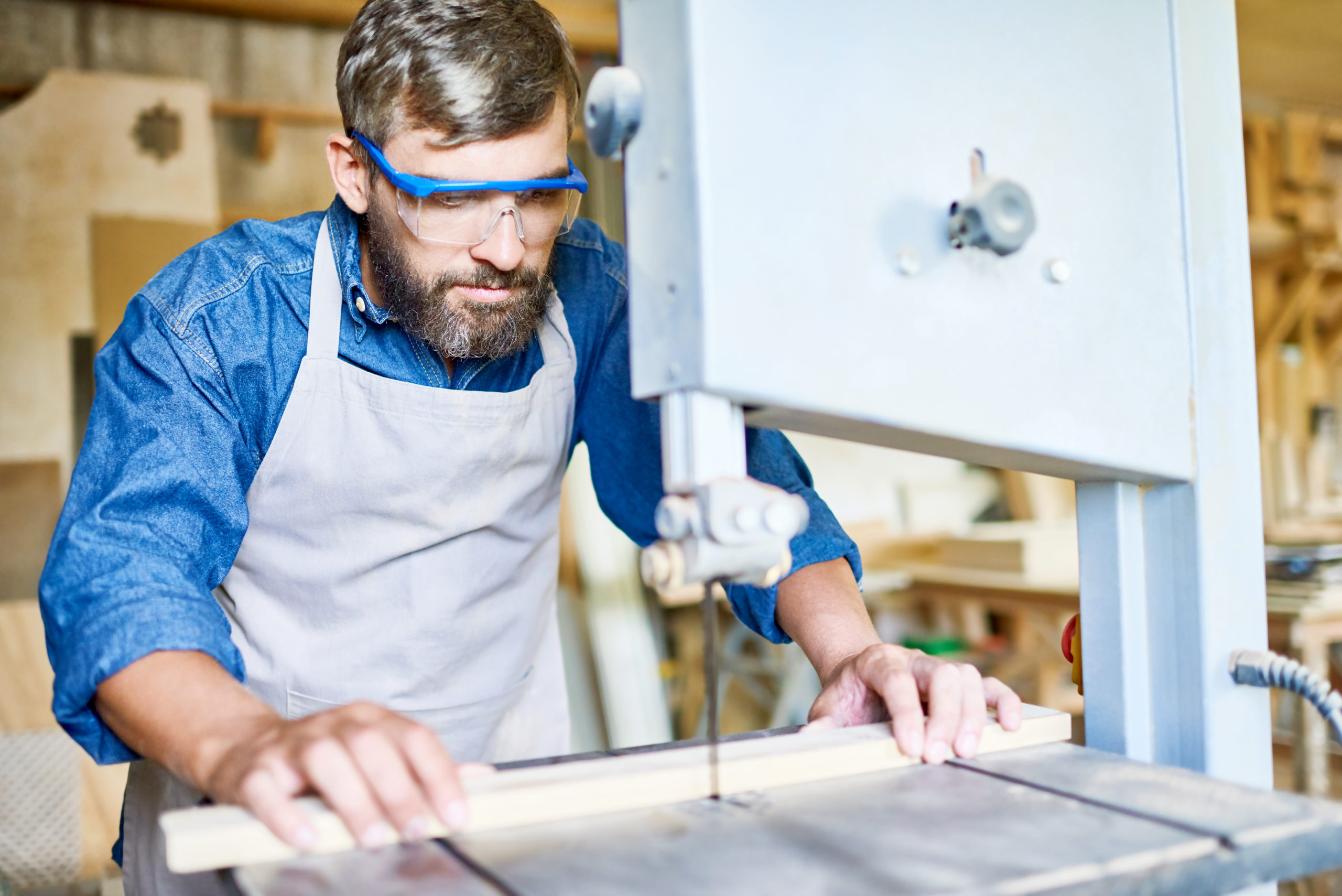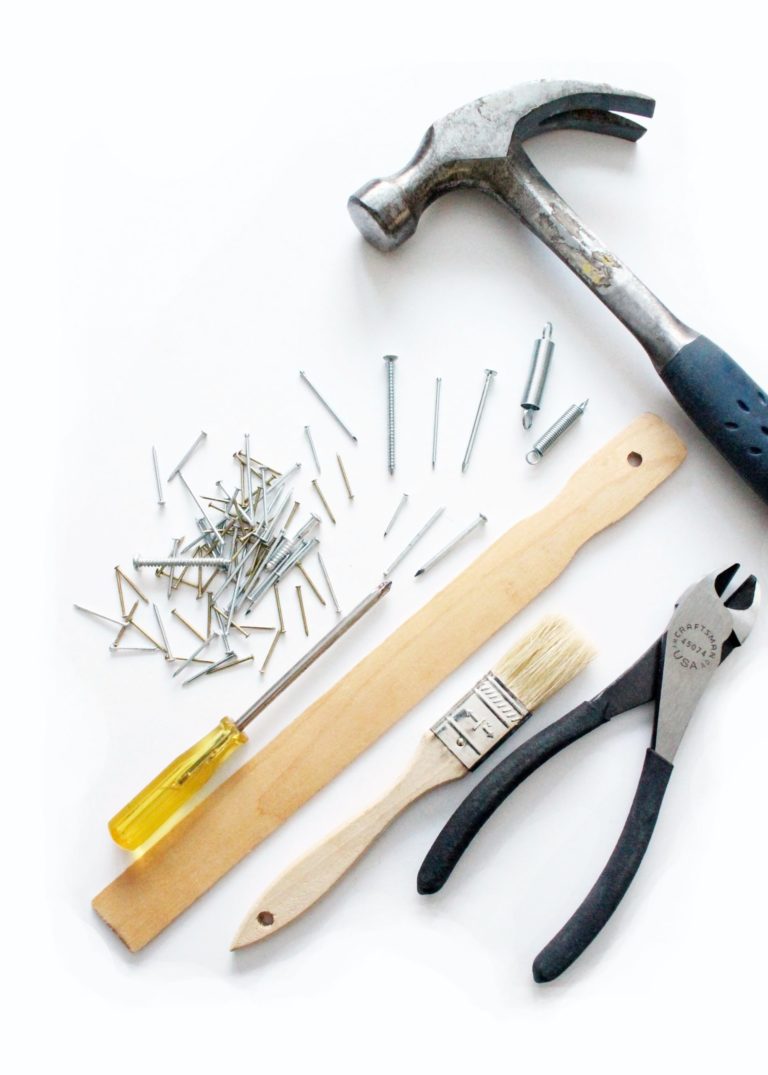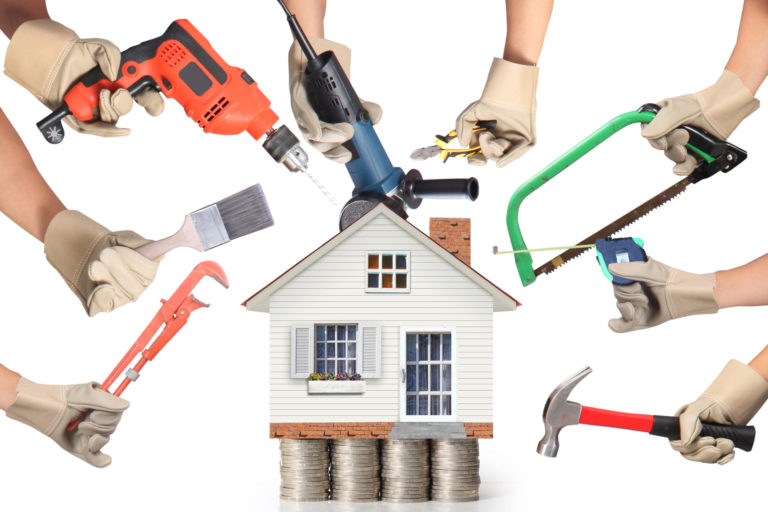Machines are one of the most important inventions in human history. They have helped us do work that is too difficult or dangerous and have made our lives easier and more productive. Some of the first machines were tools, such as hammers and saws, which were used to make it easier for humans to do work. Later, machines were invented that could do the work for us, such as machines that sew clothes or harvest crops.
Today, we depend on machines to do many of the things that we used to do by hand, and we even use machines to do the thinking for us, through computers and other electronic devices. But while the benefits of machines are many, they can be dangerous if handled incorrectly. Continue reading for the rules of machine safety.
Choose the right equipment.
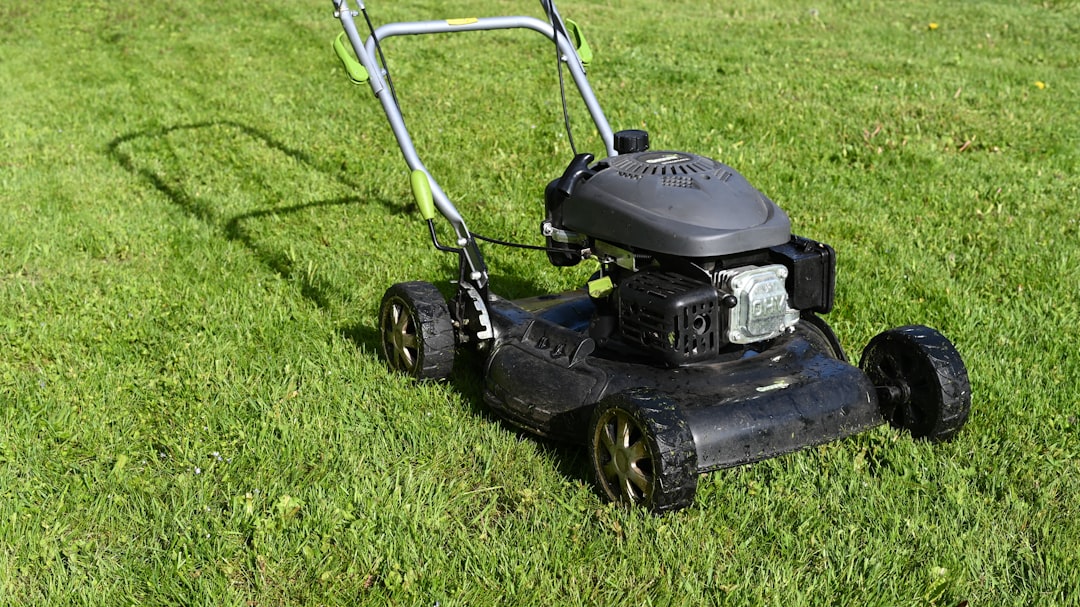
There is a lot of outdoor power equipment to choose from when you are looking to buy. You need to decide what you are going to use the equipment for and then find the best machine for the job. If you are looking for a machine to help you move heavy objects, you will need a machine with a lot of power, such as a tractor or bulldozer. If you are looking for a machine to help you with your gardening, a small tractor or lawn mower would be a good choice.
No matter what you are looking for, it is important to choose the right power equipment for the job. If you don’t, you could end up with a machine that is too powerful or not powerful enough, and that could lead to problems. You should conduct a thorough search for the best power equipment stores in your area; for example, if you are in Gresham, then you will want to find a good outdoor power equipment store in Gresham, OR, with a wide array of selections.
Take professional safety courses.
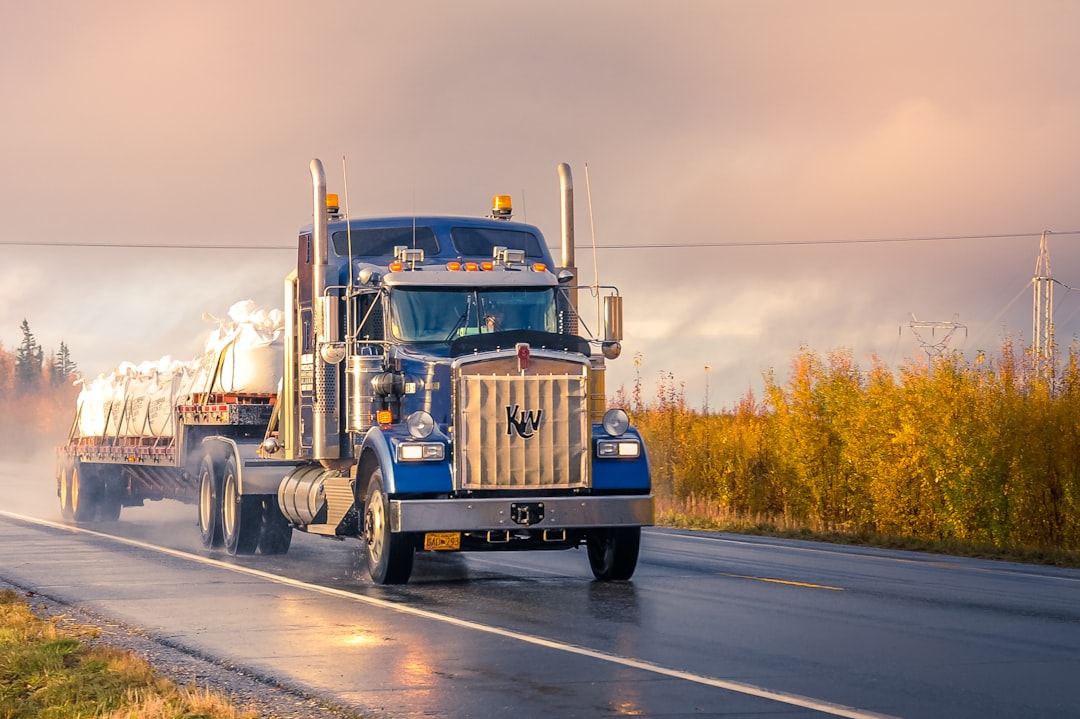
Safety courses will teach you how to safely operate machinery, as well as how to spot and avoid potential hazards. This includes outdoor power equipment like generators, brush cutters, and snowthrowers but also big commercial trucks.
When it comes to driving a commercial vehicle, the Commercial Drivers License (CDL) is the key. It is the license that allows you to operate a commercial motor vehicle such as a tractor-trailer, bus, or tanker. To become a CDL truck driver, you must pass a series of tests administered by your state’s Department of Motor Vehicles. The CDL tests are designed to measure your knowledge and skills in key areas related to commercial driving. The areas covered by the tests include general knowledge, hazardous materials, air brakes, combination vehicles, doubles and trailers, tankers, passenger transport, dump trucks, and school buses.
To prepare for the CDL tests, you will want to invest in CDL courses in your local area, such as CDL courses in Clayton, NJ. The CDL tests can be challenging, but with the right preparation, you can pass them with ease.
Wear safety equipment.

When working with machines, it is important to wear the correct safety equipment to protect yourself from potential injuries. Some of the most common pieces of safety equipment to wear when working with machines are safety glasses, earplugs, a hardhat, and a dust mask. Safety glasses protect your eyes from debris that could fly up and damage them. Earplugs protect your ears from the noise of the machines, which can cause hearing damage over time. A hardhat protects your head from potential injuries if something falls on it. A dust mask will prevent you from inhaling any dust, debris, or particles while operating machinery.
Disconnect electric tools or shut off equipment when not in use.
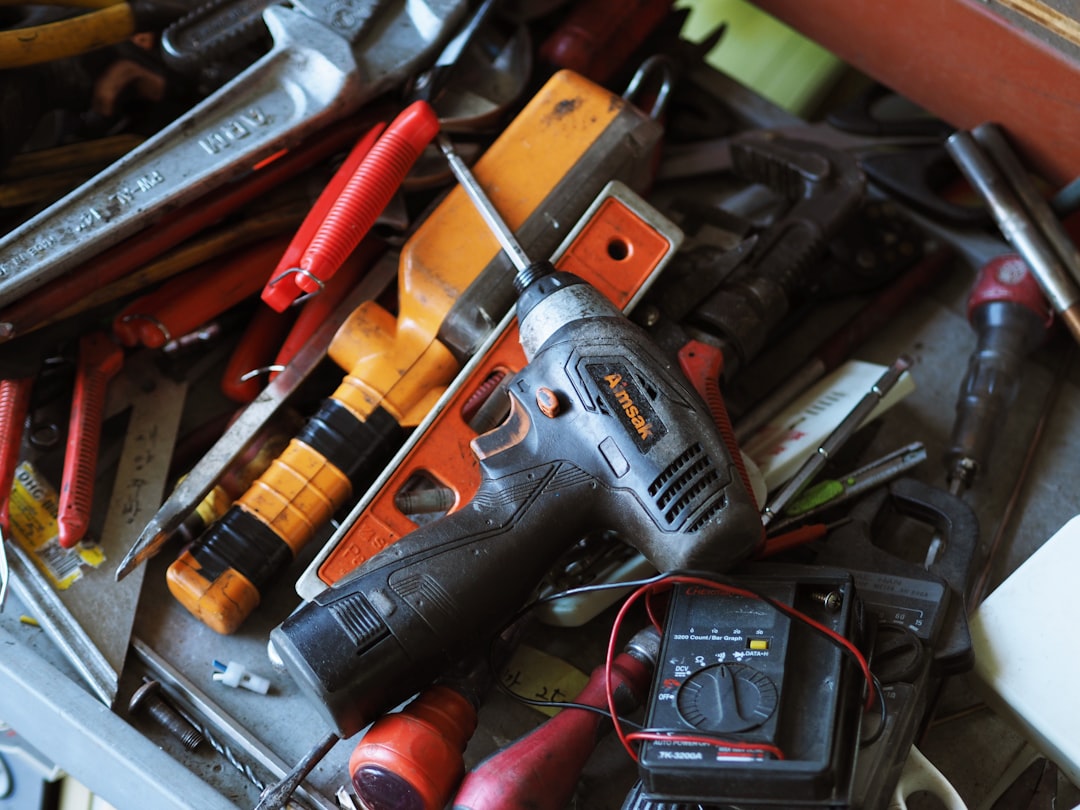
Whenever power tools or a piece of equipment is not in use, it is important to disconnect it from the power source. This will help to ensure the safety of the operator and those around them and prevents the risk of electric shock and fires. Be mindful of all equipment and power tools in the area at all times and know whether they are on, off, or connected to power sources.
Machine safety is of the utmost importance. Follow these rules and consult the manual for each machine when operating any kind of power equipment.

